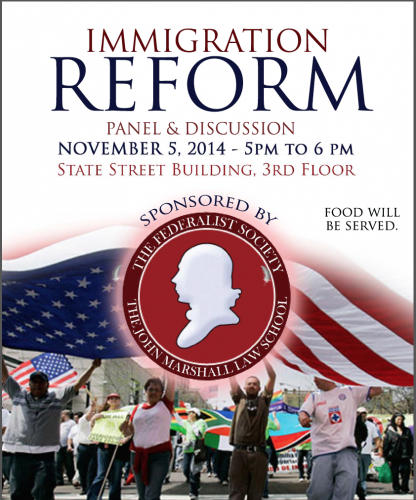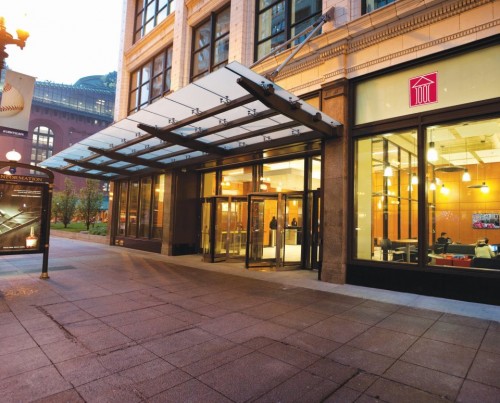In a recent interview with Jeff Bezos, he notes that drone delivery will be more delayed by regulation than by technological capability.
HB: Drones. You had this amazing “commercial” on “60 Minutes” last year, about this fantastic future when drones are going to fly out and bring me my package, and it’s going to be right there. Immediately, everybody in the country, and probably around the world, was saying, “Great — when?”
JB: That’s a difficult question to answer. Technology is not going to be the long pole. The long pole is going to be regulatory. I just went and met with the primary team and saw the 10th- or 11th-generation drone flying around in the cage. It’s truly remarkable. It’s not just the physical airframe and electric motors and so on. The most interesting part of this is the autopilot and the guidance and control and the machine vision systems that make it all work. As for when, though, that is very difficult to predict. I’d bet you the ratio of lawyers to engineers on the primary team is probably the highest at Amazon.
HB: Is this a situation where everyone else in the world except Americans is going to get drone deliveries?
JB: I think it is sad but possible that the US could be late. It’s highly likely that other countries will do it first. I may be too skeptical. I hope I’m wrong.
It is too bad that the USA is likely to be slow moving in making this — and many other types of new technology — available to the public.
The same will certainly be true about driverless cars, or molecular medicine.
We are going to need entrepreneur and activists and, yes, even lawyers, who are committed to making new technology available to the American people, with the inevitable disruption of existing relationships and expectations.
Getting to a better America is possible, but nothing is inevitable.
There will be many struggles along the way to America 3.0.




